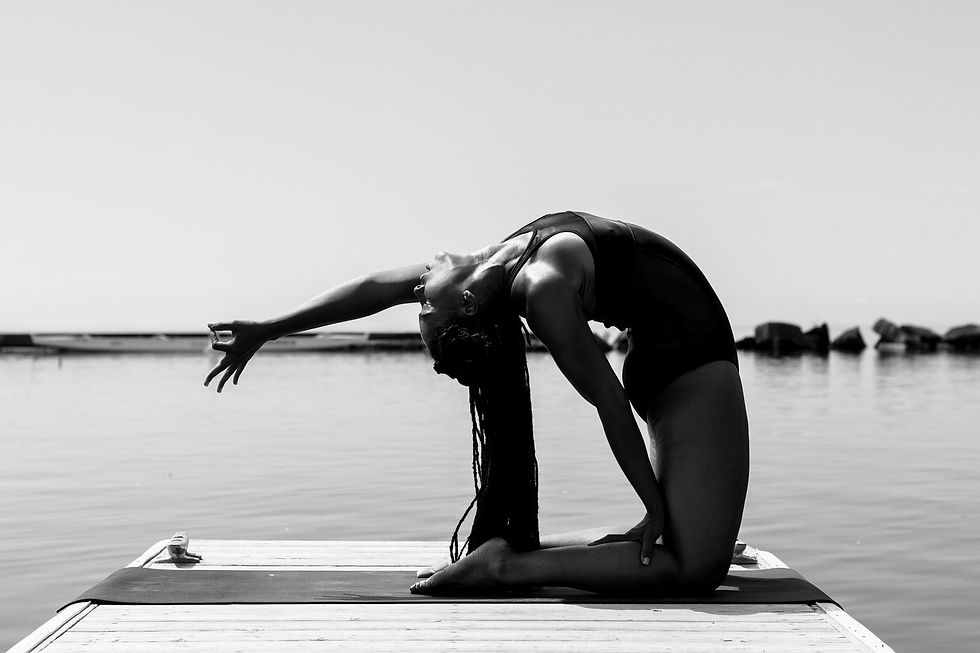All hands on deck for COVID-19
- covidcationpodcast
- May 4, 2020
- 3 min read
by Fiona Campbell
Rachel is a dietitian who works at a hospital in Toronto, Ont. She specializes in kidney care and helps with pre-kidney transplants.
Rachel usually works with outpatients, those patients who aren't staying overnight. She tracks their nutrition, kidney function, and gives advice for day-to-day life. But recently, her routines have been thrown off and she is now helping other dietitians two to three days a week in the hospital’s COVID-19 unit.
I talked to Rachel over the phone to see how this change is affecting her and how her job has changed since the pandemic hit.
(Note: We have refrained from using Rachel’s last name to allow her to speak freely about her current work experience.)
Can you tell me a story of how you got into what you're doing today? Take me back to when you first heard about the different procedures and changing operations in your hospital.
I think it was probably around the first week of March or so, where we started to hear that, you know, this was spreading around the globe and then soon enough was labelled by the WHO a pandemic. The first thing I noticed that started to change in our program was that all the outpatient clinics were cancelled. So now, any intake would be done by the physician on the phone. That would lead me to screen patients’ blood work and follow up on any referrals or concerns.
What then started to happen was that, as the patient load started to surge in the intensive care unit, the floor inpatient dieticians started to support more the ICU, and then the floor dieticians needed support. And so that's when I would say about a month ago…I was deployed to also support the medicine patients as well as my own program, so I'm managing now two programs. And to do that they had to kind of re-train me in skills I used to use when I used to work in the intensive care unit and as an inpatient dietitian.
We were also given a large stock of literature related to COVID-19 to review as far as supporting patients who are vented with nutrition support. Although I worked in my program for a very long time, I had to adapt to a new team. And the dieticians have been incredibly supportive, we've become quite close.
Every time we swiped in, there'd be a sign basically saying by swiping in, you're now saying that you're well enough to work and you don't have a fever, shortness of breath, a cough. And over the last, I'd say, six weeks that list of symptoms has become more specific.
When I arrive at work every day, we’re given two masks if we work clinical and a lab coat and a band for the mask around my head.
All our team rounds now are no longer done in person. They're done on Zoom. The organization's leadership team has weekly meetings with all the staff in the hospital.
Can you talk me through a little bit of your PPE (personal protection equipment) routine?
I wear a lab coat by choice. If I go into a patient's room, then I would have to. It depends, but generally speaking, I have yet to have to gown-up and go into a patient's room.
We do something called ‘cluster care’ to minimize how much stuff is in a patient's room, especially if they have COVID. So, if it's information that you can access through the team while they're in the room, then that's kind of the preferred route that most people do. But we have been given some formal training on the right formality and routine on how you gown-up and how you would take it off. And there's actually an e-learn quiz that you do on that, so they really prepare the staff to use PPE.









Comments